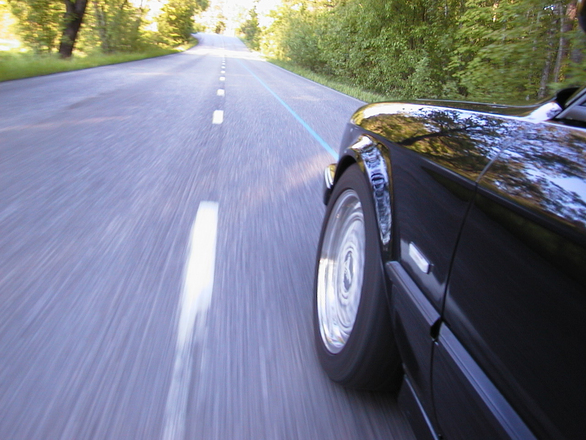- Free Initial Consultation: (954) 761-3641 Tap Here To Call Us
Jury Finds South Florida Restaurant Vicariously Liable for Crash in $2M Verdict

A South Florida seafood restaurant has been deemed liable to pay $2 million in damages after a federal jury determined the restaurant’s employee was acting in the course and scope of employment at the time of a crash that injured another driver. The question of exactly what the worker was doing at the time of the crash was central to the issue of vicarious liability – and whether the restaurant could be made to pay.
Vicarious liability is a form of strict, secondary liability in which a supervisory party (like an employer) can be held responsible for the negligent actions of a subordinate or associate (i.e., an employee). It stems from the belief that these supervisory parties have a right, ability or duty to control the actions of their subordinates. It’s not necessary to prove the supervisory party was actually negligent or even that it knew about the subordinate’s actions. This type of liability falls under the umbrella of a doctrine called respondeat superior, which is Latin for “let the master answer.”
In some cases, it’s obvious that a worker was acting in the course and scope of employment. An example might be a truck driver delivering cargo from a supplier to a receiver in a company-owned truck. However, if at any point that driver is side-tracked or is running a personal errand and the crash occurs at that time, defendant could argue the driver was not acting in the course and scope of employment and therefore the employer can’t be liable. That’s what defendant tried to argue in the recent case before the U.S. District Court in the Southern District of Florida.more
According to court records, the 19-year-old seafood restaurant worker was reportedly on his way to purchase a television for the restaurant when he caused a crash that involved a 59-year-old pizza delivery driver. She suffered serious injuries that make it difficult for her to walk to this day. But when plaintiff sued the restaurant, defense argued the restaurant wasn’t vicariously liable because the worker had been side-tracked by a personal errand when a relative asked him to pick up several younger relatives from school.
As plaintiff was on-the-clock herself at the time of the crash, she was entitled to workers’ compensation benefits. However, those benefits are limited to compensation for medical bills and a portion of lost wages. The at-fault driver’s father, as owner of the truck he was driving at the time of the crash, was also named as a defendant, and his auto insurance provider paid his $100,000 bodily injury liability limit. However, the vicarious liability case against the restaurant continued to trial.
Plaintiffs attorneys told the Daily Business Review they spent countless hours investigating the family and the route of defendant driver’s vehicle, presenting substantial evidence he was either on his way to the appliance store or returning to the restaurant at the time of the crash. The school from which he supposedly would have picked up his younger relatives was not open on the day in question.
The trial was bifurcated along issues of liability and damages. At the first trial last year, it was determined the driver was acting in the course and scope of employment. It didn’t hurt that defendants’ expert witnesses were never called after a Daubert hearing resulted in disallowing much of their testimony. The second trial was to ascertain whether plaintiff shared any of the responsibility and what her damages should be. (A finding of comparative fault by a plaintiff could reduce the amount of damages paid.) Jurors ruled the seafood restaurant worker was 100 percent at fault for the crash, and ordered the restaurant to pay $2 million, though that amount could be offset by previous insurance payouts in the case.
If you are injured in a Fort Lauderdale car accident, it’s important to explore all your legal options and trust your case to an injury attorney with ample experience.
Call Fort Lauderdale Injury Attorney Richard Ansara at (954) 761-4011. Serving Broward, Miami-Dade and Palm Beach counties.
Additional Resources:
Miami Restaurant and Fish Market on the Hook for $2M After Crash, Nov. 6, 2017, By Celia Ampel, Daily Business Review
More Blog Entries:
Proving Medical Bills, Lost Wages, Causally Related to Crash Injuries, Dec. 2, 2017, Florida Car Accident Attorney Blog













